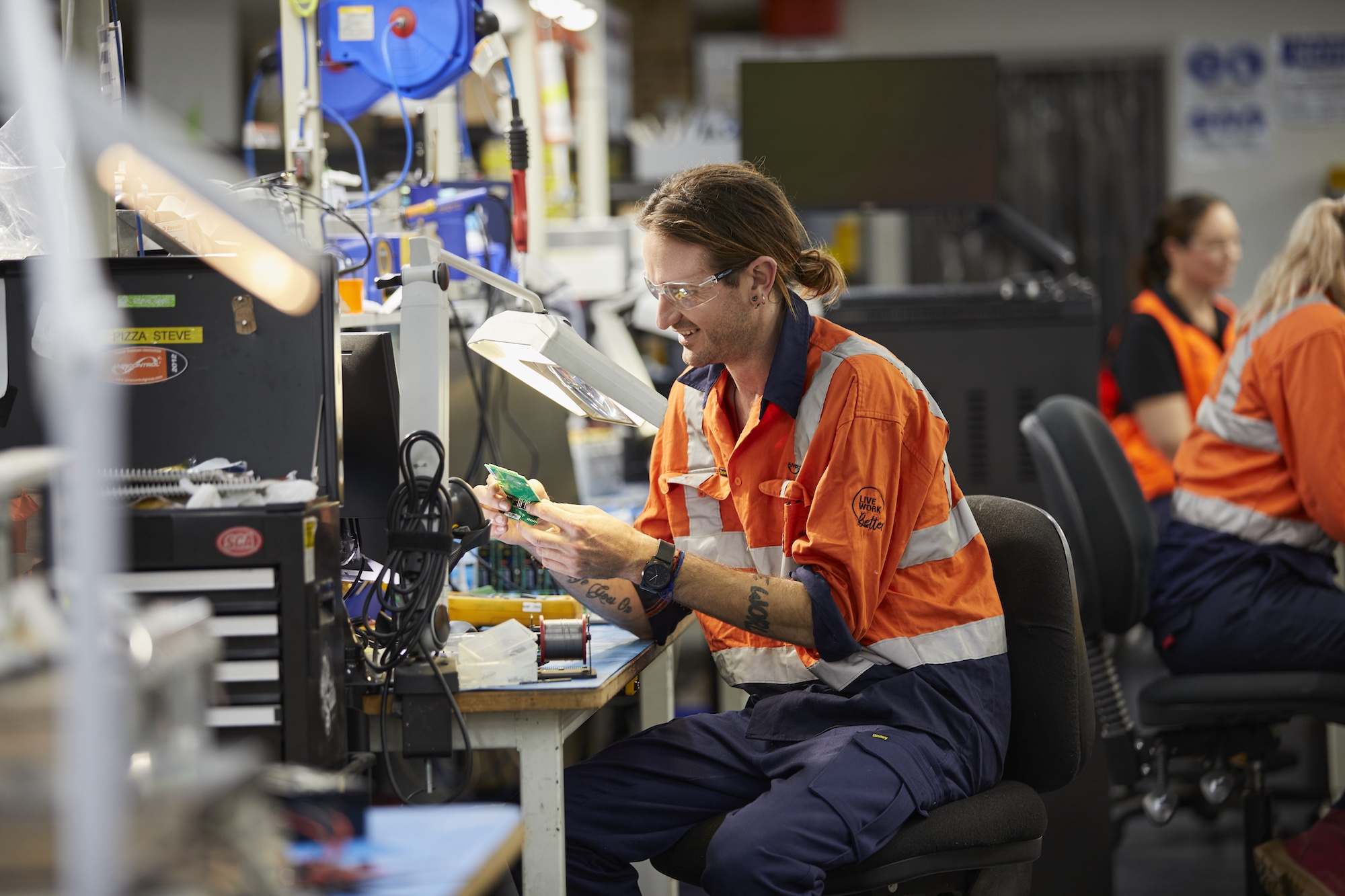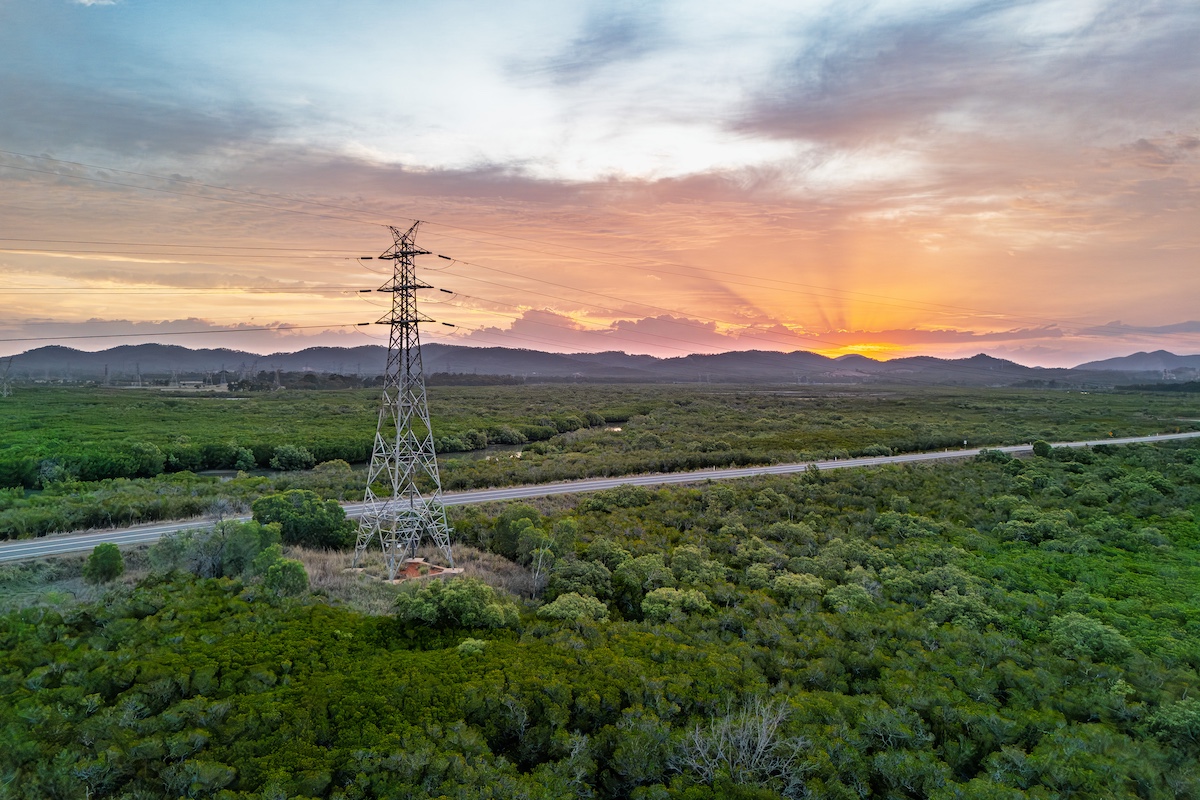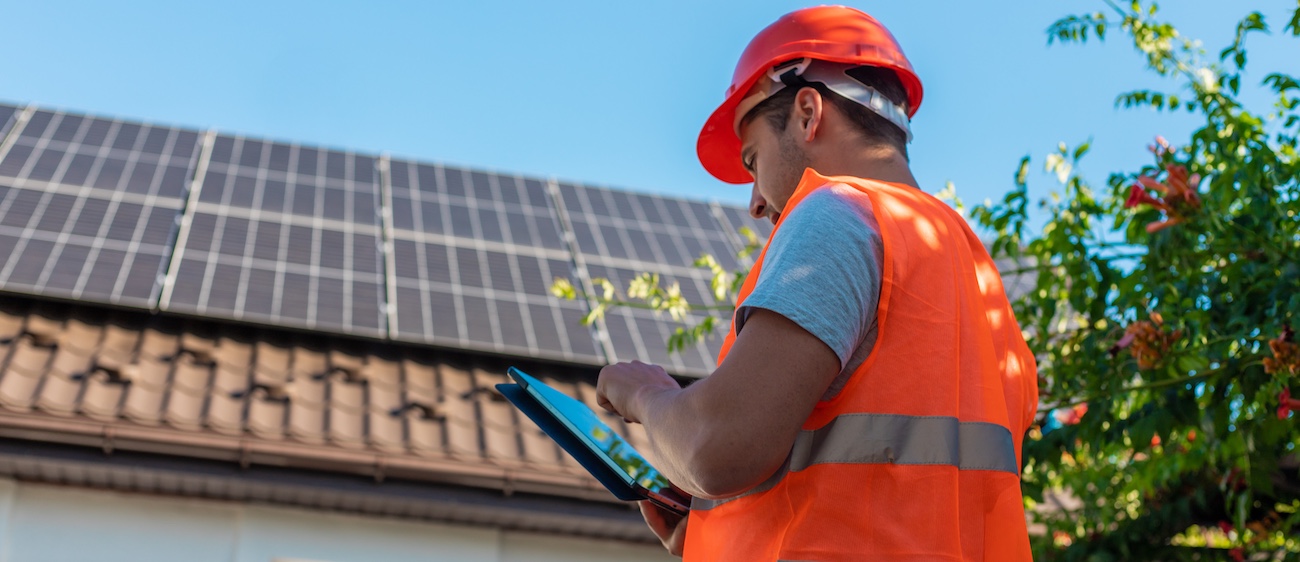Powering Up Gladstone
Our new insights paper, Powering Up Gladstone, delivers a comprehensive evaluation of the region's capacity to become a clean commodities hub, using evidence-based indicators from the National Action Plan.
October 2025
Powering Up Gladstone
Gladstone has everything it needs to lead Australia's clean industrial future: a proud industrial heritage, world-class port, and skilled workforce ready to build what the world needs next. But progress is stalled by a coordination crisis. Projects are struggling to get off the ground, transmission is uncertain, and policy signals remain mixed. This patchwork approach risks deterring investment and undermining the region’s competitiveness.


.jpg)

.jpg)
.png)







%201.webp)

